
next environment
Publication
TTIP and Climate Change: Low Economic Benefits, Real Climate Risks
July 15, 2016Author: Kevin P. Gallagher, Matthew C. Poterfield
The recent climate change negotiations should inform many spheres of global governance—including international trade and investment policy. One of the most discussed new initiatives in Europe is the Trans-Atlantic Trade and Investment Partnership (TTIP)—a trade and investment agreement currently under negotiation with the United States. The current model that the TTIP is based on will increase carbon dioxide emissions and jeopardize the ability of Europe and the United States to put in place effective policies for mitigating climate change. Trade and investment treaties should be used to help achieve the broader climate change objectives of Europe and the United States, not hinder them.
The IMF’s Managing Director, Christine Lagarde has said that climate change “is by far the greatest economic challenge of the 21stcentury.”i The TTIP should not be an exception to meeting this challenge. The adverse implications of the TTIP for climate policy are significant given the role the agreement will likely play in establishing rules for the global economy in the 21st century. This rule- setting function of the TTIP is particularly important given the very modest economic benefits that the agreement is projected to generate.
This short policy brief outlines how the TTIP can increase emissions and restrict the ability of nations to adequately mitigate and adapt to climate change and offers a set of policies that would make EU- US trade policy more consistent with our climate change goals.
related publications
-
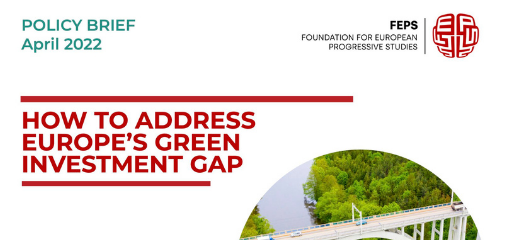
How to address Europe’s green investment gap
read more -
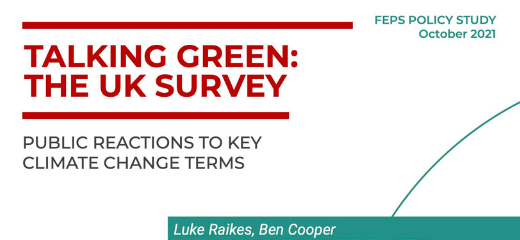
Talking Green UK
read more -
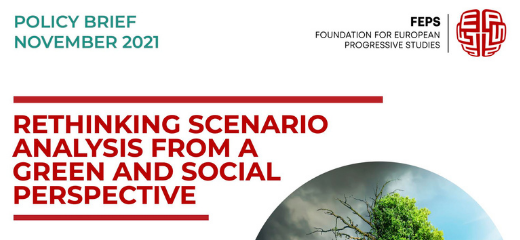
Rethinking Scenario Analysis from a Green and Social Perspective
read more -
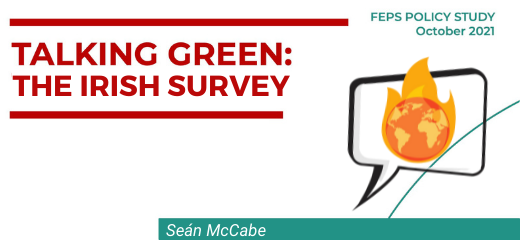
Talking Green: The Irish survey
read more -
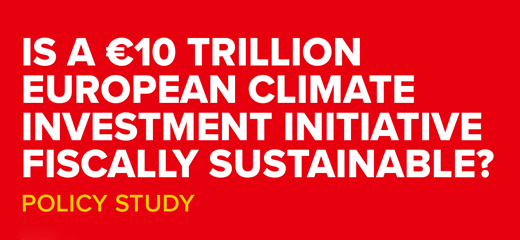
Is a €10 Trillion European Climate Investment Initiative Fiscally Sustainable?
read more -

The People’s Transition: Community-led development for Climate Justice
read more



























































